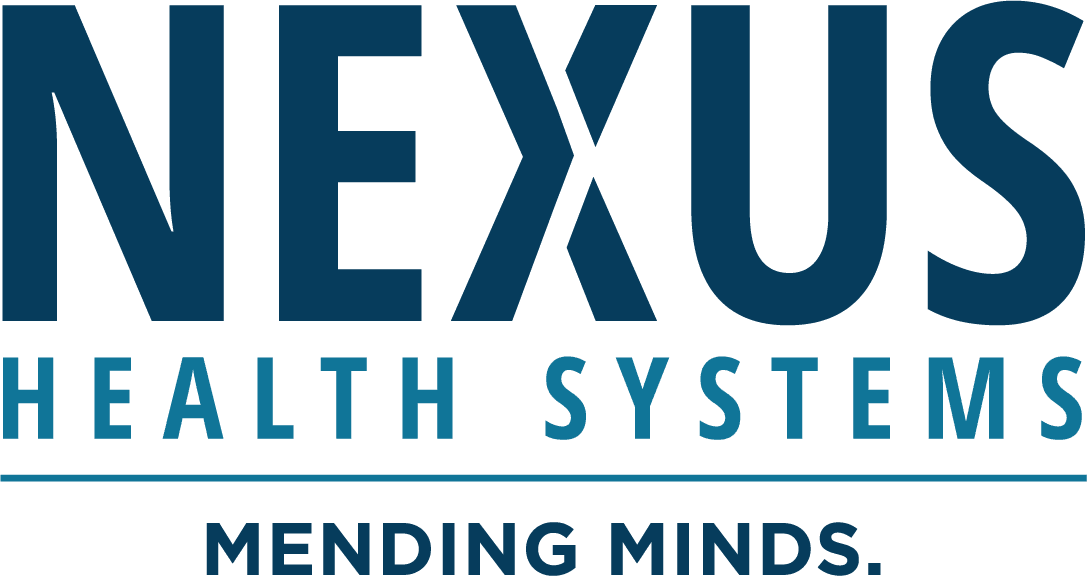Nexus Neurorecovery Center is qualified to provide excellent residential rehabilitation because we specialize in treating patients with brain injuries, strokes, and spinal cord injuries
The type of residents Nexus Neurorecovery Center cares for those that are suffering from a neurological event that has caused them to be impaired or a deficit of some sort. The residential rehabilitation is helpful in creating lives of productivity and meaning.
Check out the Nexus Neurorecovery Center campus — helping individuals navigate brain injury rehabilitation and managing co-occurring physical and behavioral challenges
We’re on a 26-acre campus and the patients live in houses just as they would at their own home. We have a beautiful rehab building that encompasses our vocational programs and our skilled therapy programs and our cognitive intervention as well as psychological interventions. We have a meditation garden, an independent horticulture building where we cultivate plants. We have a lake in the middle of campus and a half a mile loop if you need to get your exercise in during the day. We have nursing care around the clock as well as support staff 24 7 for our residents. That allows us to treat them in whatever clinical way they might need while rehabilitating their mind.
What does a typical day look like at the residential rehabilitation center?
So, a typical therapy day for our residents is that they start in their programming houses where they live. They will get ready in the morning and sometimes the therapist will go over there and work on activities of daily living and then they’ll head over to the rehab center for their programming day and they get a variety of therapies, including physical therapy, occupational therapy, and speech therapy. In addition to recreational therapy, cognitive therapy, and sometimes psychological services,
Evidence-based therapies and treatment for best TBI outcomes
We implement individualized behavior plans. So in those plans, they get specific goals that they work towards, and we work on both behavior reduction and skill acquisitions.
The vocational therapy department really supports development and skills by providing functional real life applications to the therapies that they do. They get to really fine tune their skills that they’ve learned from the other therapies and put them in a really functional setting.
Our average length of stay is about 60 days. That gives us a good chunk of time to focus on your loved one and get them back to a functional status. To reduce the burden of care on these family members. This is probably the best chance your loved one would get at highest possible level of function. We really get to know these residents on a very personal level, and that holistic approach gives us the best outcomes.
Our mission is to try to help that individual reach the level of independence that they need to return halt. They have been helped enough and are able to be reintegrated into their families in a way that they don’t need to come back, and that’s a great outcome story for me.
